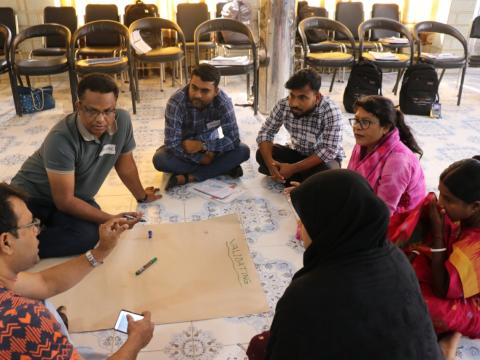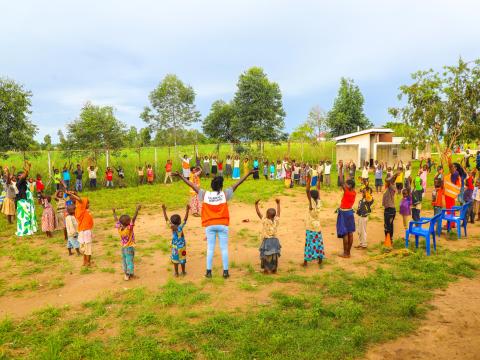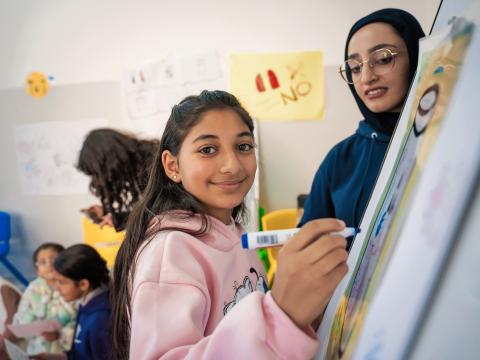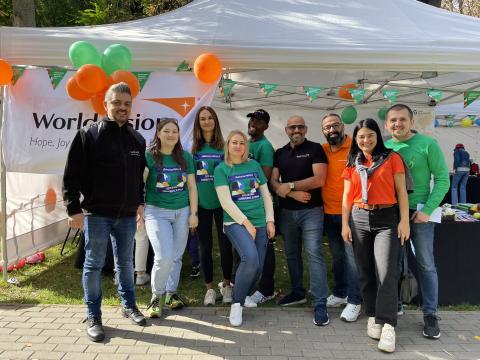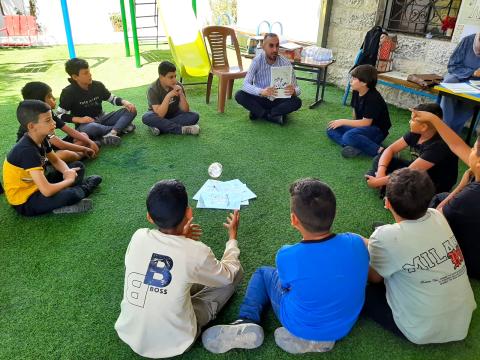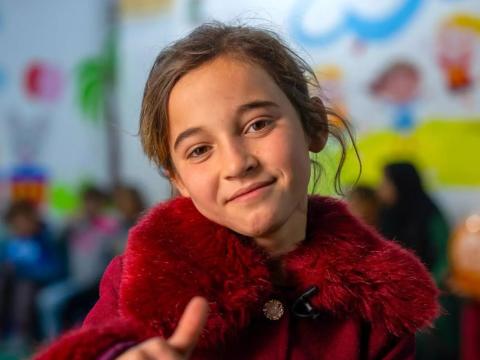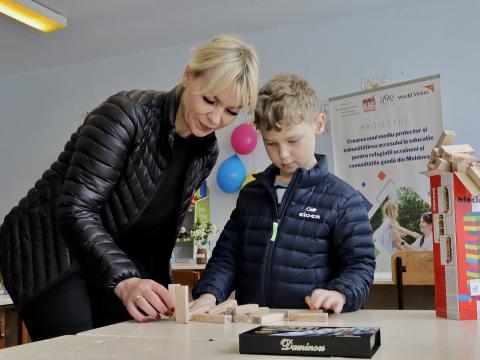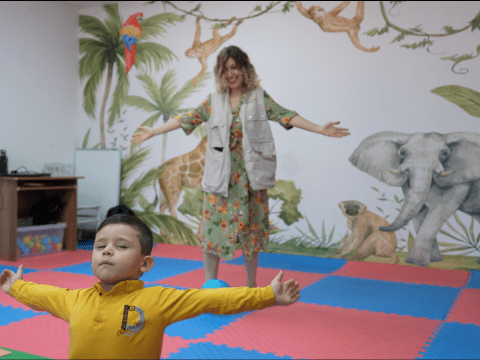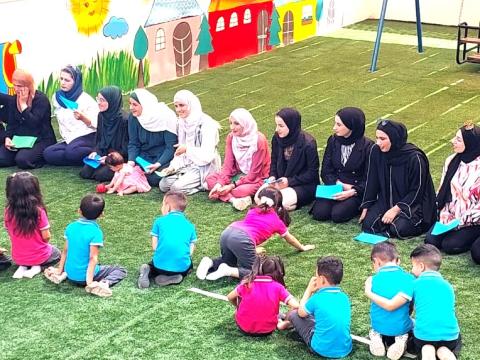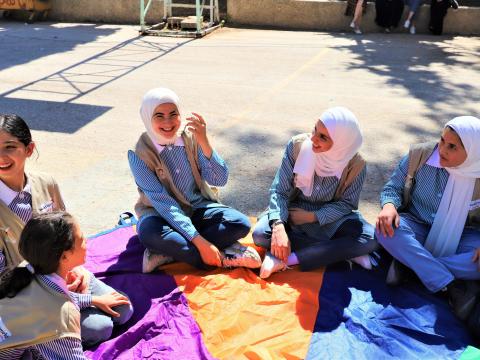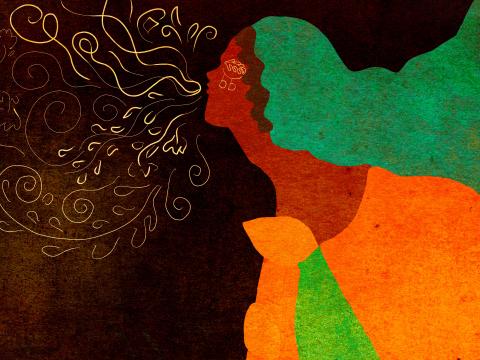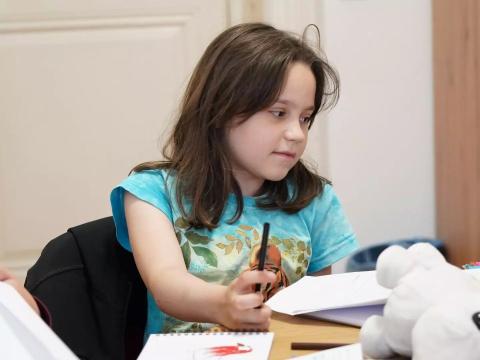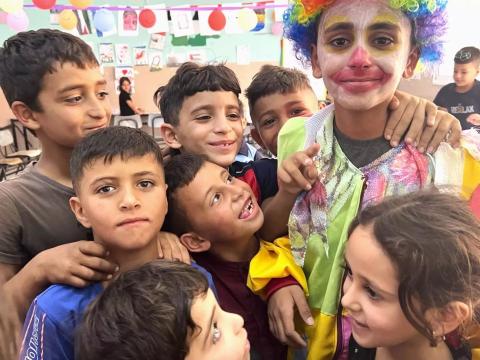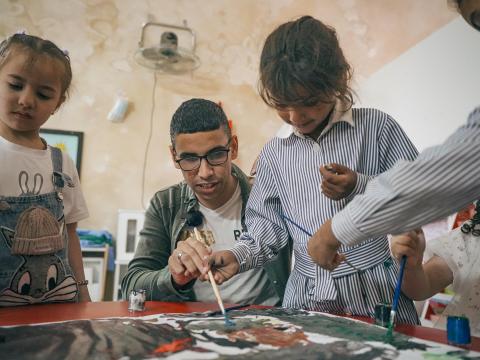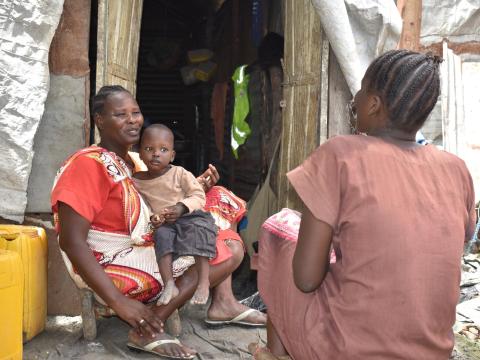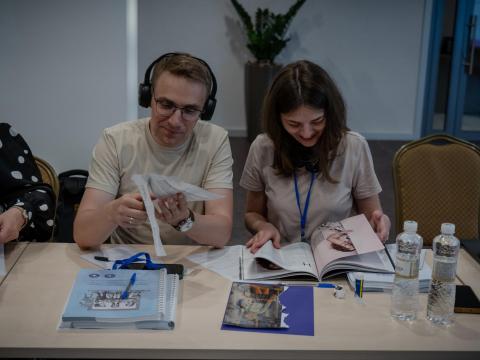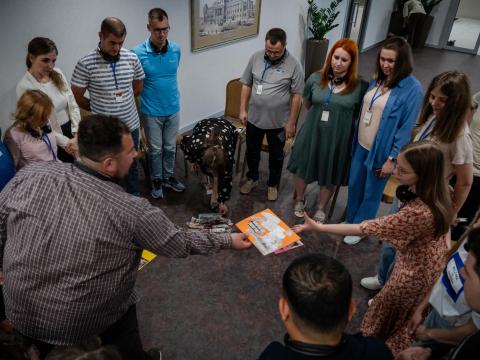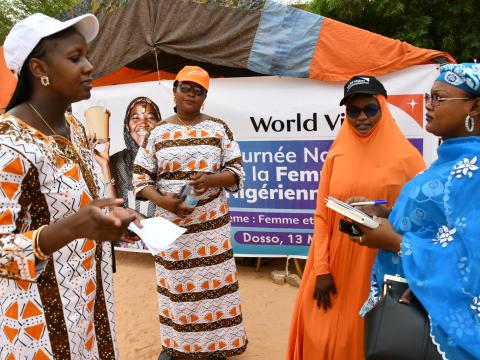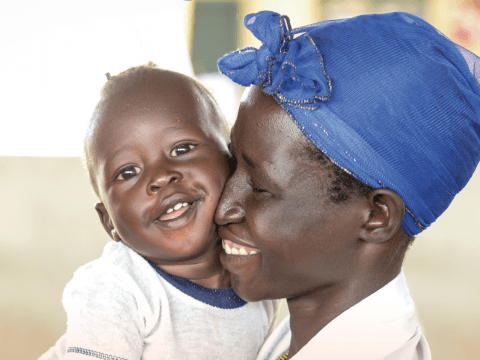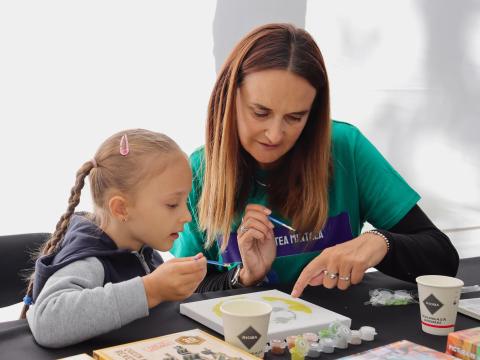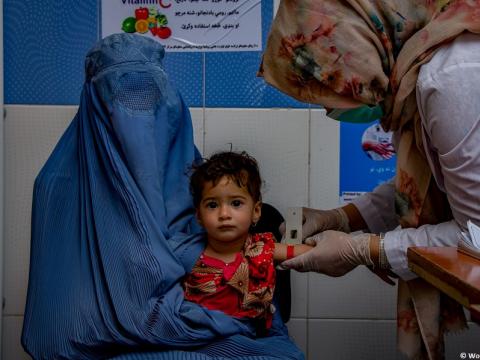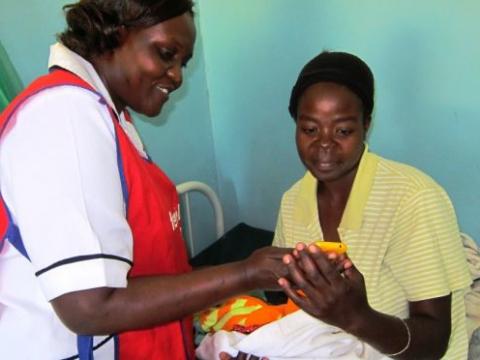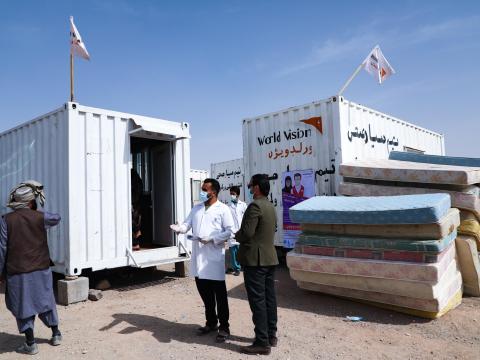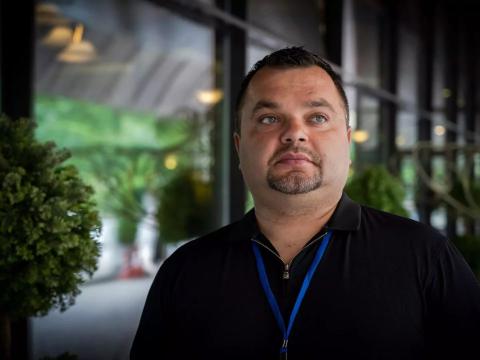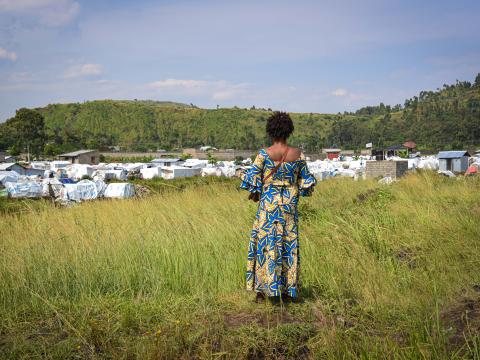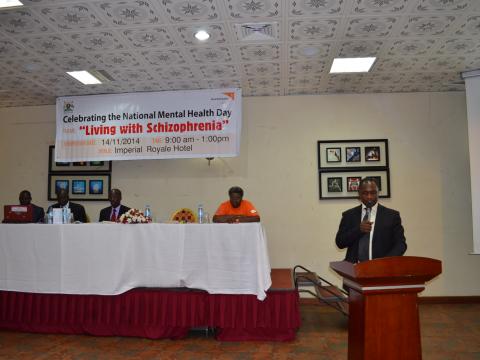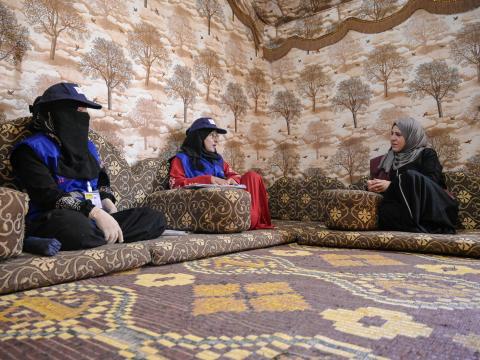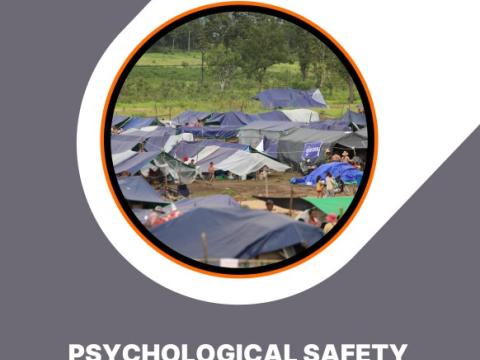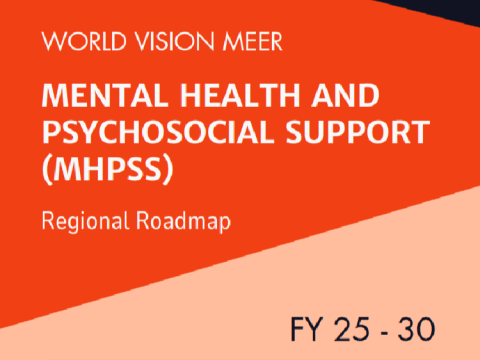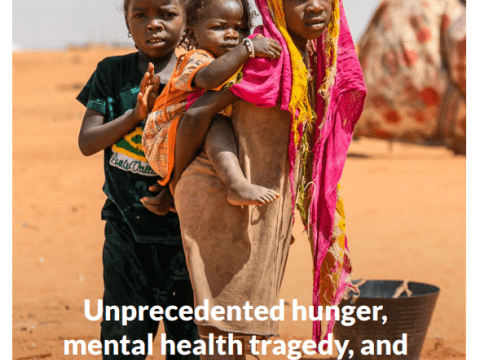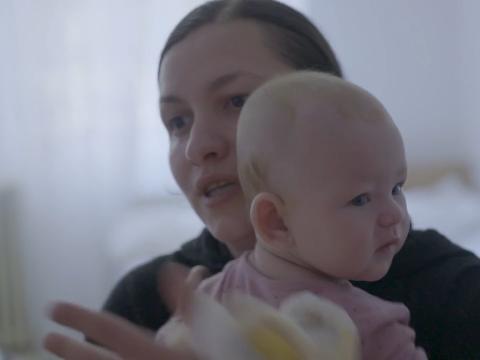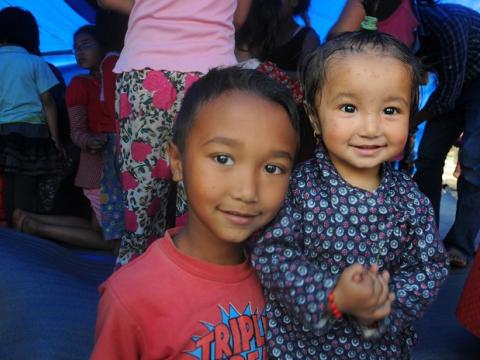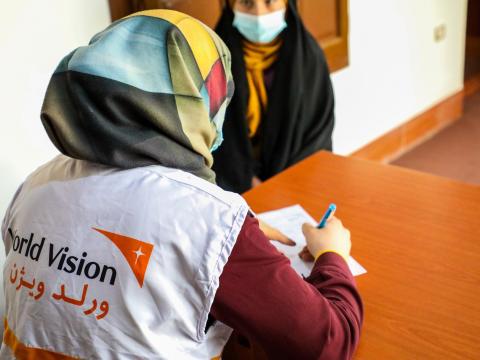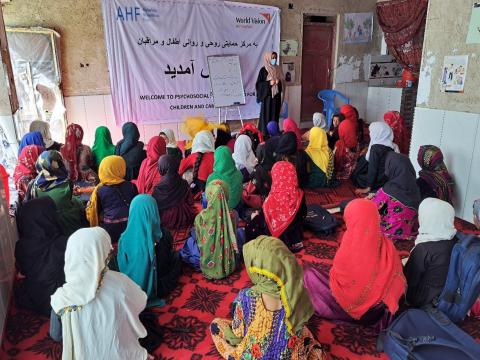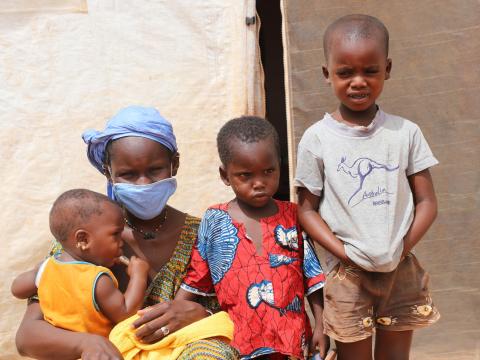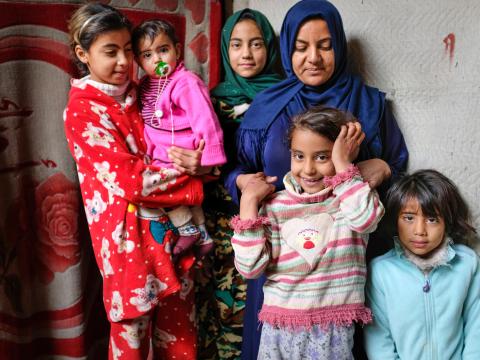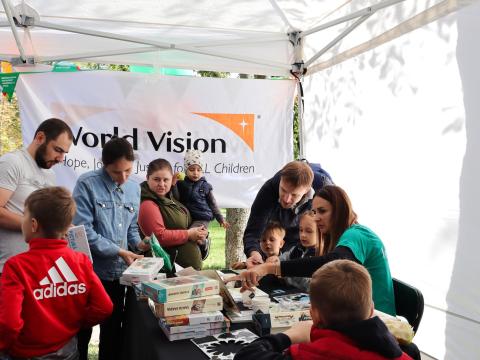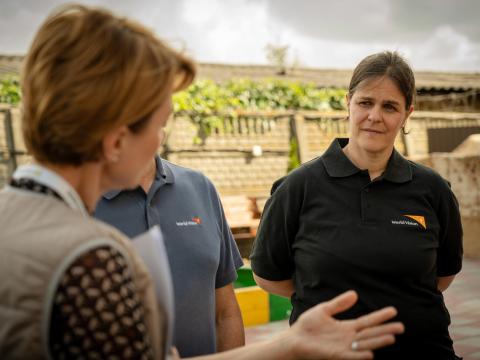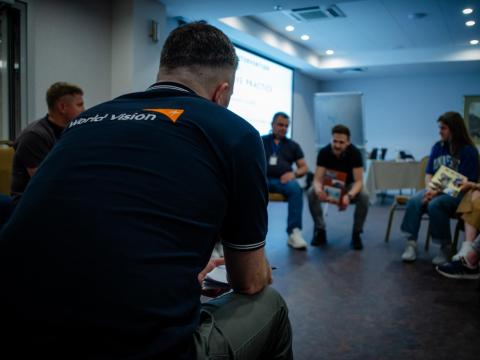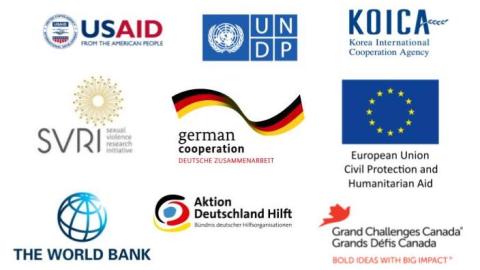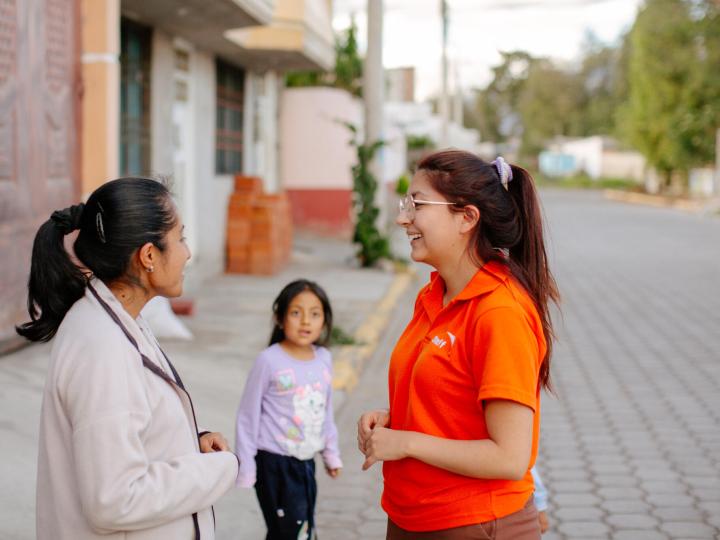
Mental Health
Mental Health and Psychosocial Support (MHPSS)
In communities affected by disaster, conflict, and chronic poverty, the emotional and psychological toll can be profound. While World Vision has long prioritised physical, familial, and environmental needs, we increasingly recognise and champion mental health and psychosocial support (MHPSS) as vital to the holistic well-being of children, families, and entire communities.
Mental health and psychosocial well-being enable people to manage stress, build resilience, work productively, and support their families and communities. It is a critical foundation for achieving long-term goals such as poverty reduction, peacebuilding, recovery from crises, and prevention of gender-based violence.
World Vision integrates MHPSS into our humanitarian and development programming – ensuring that individuals not only survive but thrive in the face of adversity.
World Vision's Strategic Intent
To leverage our global reach and deep community presence to ensure that the impacts of conflict, disaster, climate change, pandemics, and other drivers of poverty do not leave the most vulnerable children and families with mental health disorders that affect their daily lives and long-term well-being.
Our Impact
Approaches
- Child-Friendly Spaces (CFS): In humanitarian emergencies, CFS provide safe, structured environments where children can engage in psychosocial activities that restore a sense of normalcy and help prevent distress from escalating into more severe conditions.
- Problem Management Plus (PM+): A low-intensity psychological intervention for individuals or groups that helps adults manage stress, depression, anxiety, and practical life challenges, especially in low-resource or crisis-affected settings.
- Go Baby Go (GBG): A parenting programme that enhances the knowledge, skills, confidence, and emotional well-being of caregivers to support their children’s early development and secure attachment.
- Psychological First Aid (PFA): A compassionate, supportive response for individuals experiencing distress. PFA is delivered by trained community members or staff and focuses on comfort, safety, and practical support in the immediate aftermath of crises.
- Mental Health Gap Action Programme (mhGAP): Provides evidence-based recommendations for managing mental, neurological, and substance use disorders. It equips non-specialist healthcare providers to offer basic mental health care at the community level.
- Basic Psychosocial Support (PSS) in education: This includes foundational PFA techniques, creative tools for stress management, and key life skills to support both learners and educators in managing emotional well-being.
Integrated Approach: CHWs Tackle Mental Health Problems in Kenya
